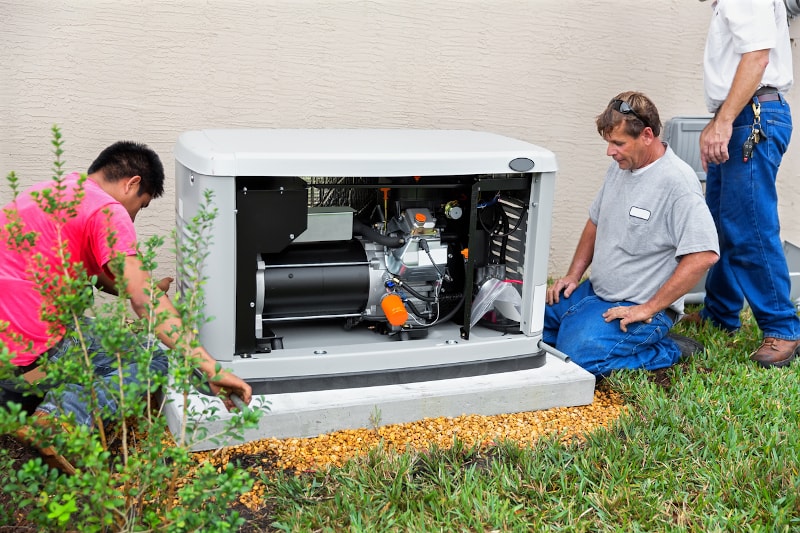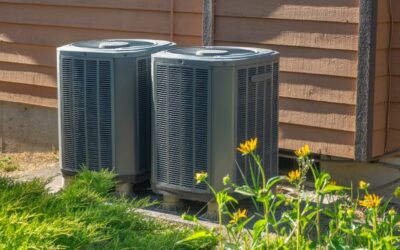According to the United States Energy Information Administration, the average U.S. household loses power two or three times a year for an average of three hours each time. Residents of Southern Pines, NC, have undoubtedly experienced these issues and know the inconvenience they can cause. A home generator can help in these times, but it’s important to know how to choose the right one for your home.
Power Ratings
Generators have their power measured based in kilowatts and one kilowatt is equal to 1,000 watts. To choose the right generator for your home, you’ll need to decide what you want to provide power to in the event of an outage. If you want to run major household appliances such as HVAC systems, refrigerators and other large-scale items, you’ll need a more powerful generator than you would need to simply keep the lights on and your phone charging.
Fuel Source
Many people don’t realize it, but different generators use different types of fuel. If your home has natural gas, you’ll be able to use a more high-powered generator than you would if you’re going to use propane or another fuel.
Size Matters
The size of a generator is directly proportionate to the number and power needs of household items that use it. If you plan on running your heating and cooling system, refrigerator and other major home appliances, you’ll need a whole-home generator of adequate size.
Our team of heating, cooling, and refrigeration specialists can help guide you through the process of choosing the right standby generator. Contact Sandhills Heating and Refrigeration today for a consultation or take advantage of one of our other home comfort or efficiency services.
Image provided by iStock




